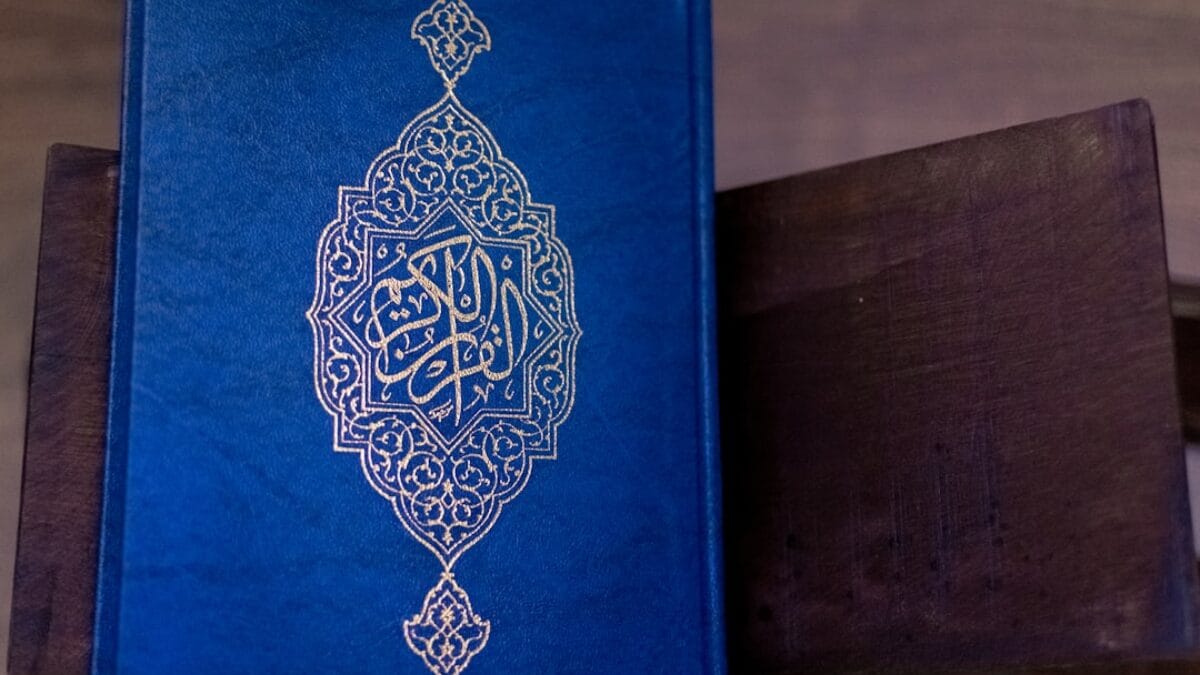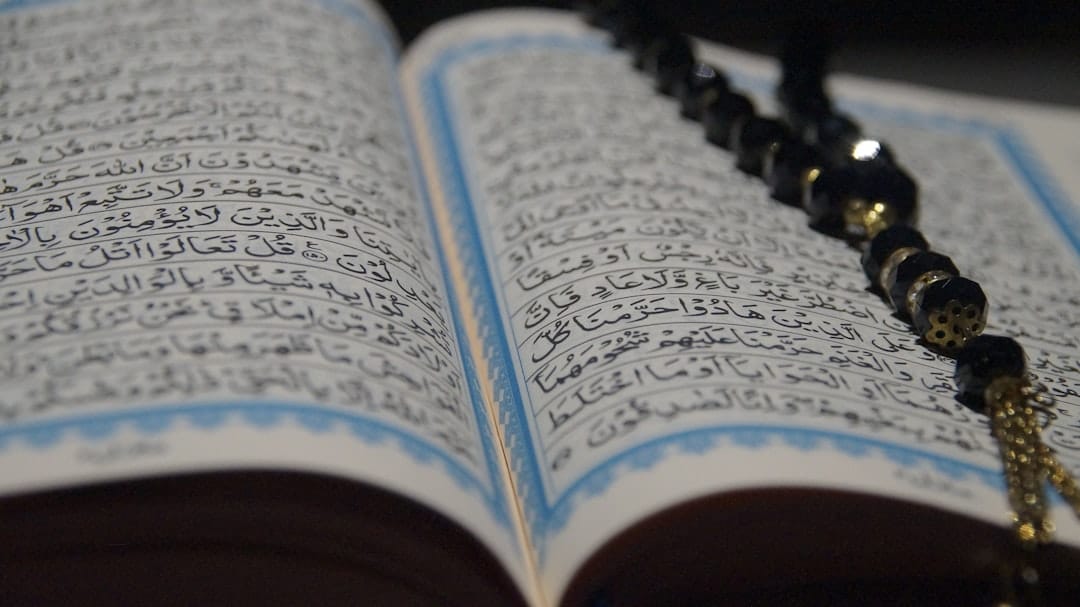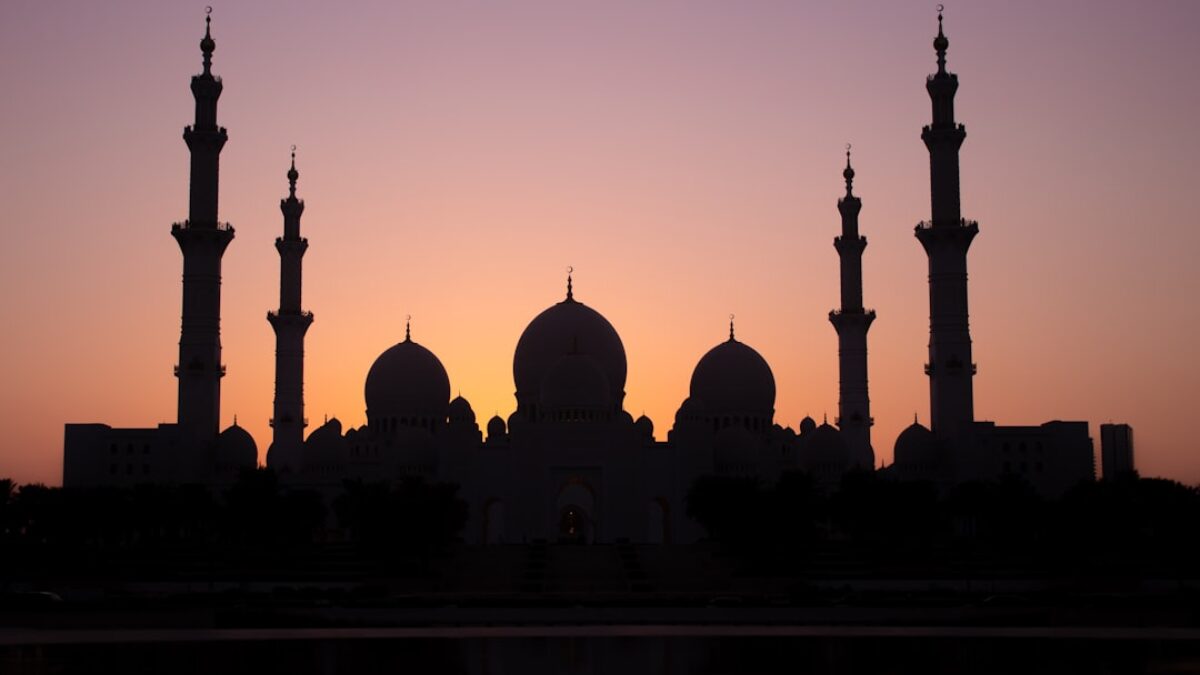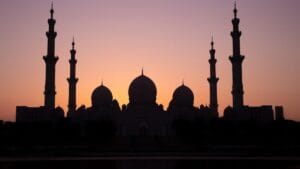Islamic teachings form a comprehensive framework that guides over 1.8 billion Muslims worldwide in their spiritual, moral, and daily lives. The term “Top Islamic” refers to the most essential principles, practices, and values that define Islamic faith and civilization. These core elements provide a roadmap for achieving both worldly success and eternal salvation, emphasizing balance between individual and community, faith and practice, and spiritual devotion and social justice.
Understanding Islamic Fundamentals
Islam, meaning “submission to God,” is founded on the belief in one omnipotent, merciful creator—Allah. The religion traces its origins to the Prophet Muhammad (peace be upon him), who received divine revelations through the Angel Gabriel over 23 years in 7th-century Arabia. These revelations, compiled in the Quran, serve as Islam’s central scripture alongside the Sunnah—the Prophet’s authentic teachings and practices recorded in Hadith narrations.
Islamic civilization has historically produced remarkable advancements in science, medicine, mathematics, and philosophy. The Golden Age of Islam (8th–14th centuries) saw scholars preserve and expand upon Greek, Persian, and Indian knowledge while making groundbreaking discoveries. This legacy continues to influence modern society through ethical frameworks, educational systems, and humanitarian principles.
Core Theological Foundations
Islamic theology rests on the Tawhid principle—the absolute oneness and indivisibility of God. This monotheistic concept rejects any partners or intermediaries between creation and the Creator, establishing a direct personal relationship with Allah. Key theological doctrines include:
- Belief in Divine Books: Recognition of revelations sent to prophets including the Torah (Moses), Psalms (David), and Gospel (Jesus), with the Quran as the final, uncorrupted scripture.
- Prophethood: Acceptance of 124,000 prophets sent to guide humanity, with Muhammad as the final prophet for all humankind.
- Afterlife: Belief in the Day of Judgment, paradise, and hellfire based on earthly deeds.
Islamic Law and Ethics
Sharia (Islamic law) provides a comprehensive ethical and legal system derived primarily from the Quran and Sunnah. Unlike secular legal systems, Sharia governs both religious obligations and civil matters, covering worship, family law, finance, and criminal justice. Its principles emphasize maslaha (public welfare) and adl (justice), ensuring balanced solutions for contemporary challenges.
Islamic ethics center on concepts like Amanah (trustworthiness), Ihsan (excellence in worship), and Adl (justice). These values translate into practical guidelines for honesty in business, compassion for the vulnerable, and stewardship of the environment—reflecting Islam’s holistic approach to human welfare.
Key Components of Islamic Practice
The Five Pillars of Islam
These mandatory acts of worship form the foundation of a Muslim’s spiritual life:
- Shahada (Declaration of Faith): Professing “La ilaha illa Allah, Muhammadur rasul Allah” (There is no god but Allah, Muhammad is His messenger).
- Salat (Prayer): Performing five daily ritual prayers facing the Kaaba in Mecca, fostering mindfulness and connection with Allah.
- Zakat (Almsgiving): Donating 2.5% of accumulated wealth annually to the poor, promoting economic justice and community solidarity.
- Sawm (Fasting): Abstaining from food, drink, and physical needs during daylight in Ramadan, cultivating self-discipline and empathy.
- Hajj (Pilgrimage): Undertaking a journey to Mecca once in a lifetime if financially and physically able, symbolizing global unity and equality before God.
Supplementary Acts of Worship
Beyond the Five Pillars, Muslims engage in voluntary acts (nawafil) to deepen spirituality:
- Tahajjud: Night prayers for seeking forgiveness and guidance.
- Dhikr (Remembrance of God): Reciting prayers and phrases glorifying Allah.
- Qiyam al-Layl: Late-night Quran recitation and reflection.
Islamic Calendar and Observances
The Hijri calendar (lunar-based) marks significant Islamic events:
| Month | Key Observance | Significance |
|---|---|---|
| Ramadan | Fasting, Tarawih prayers | Month of Quran revelation; spiritual renewal |
| Dhul-Hijjah | Hajj, Eid al-Adha | Pilgrimage to Mecca; sacrifice commemoration |
| Muharram | Ashura | Day of atonement; Moses’s deliverance |
Benefits and Importance of Islamic Principles
Spiritual and Psychological Benefits
Islamic practices offer profound psychological advantages:
- Stress Reduction: Prayer and meditation lower cortisol levels, promoting mental calm.
- Purpose and Meaning: Submission to Allah provides existential clarity, reducing anxiety.
- Moral Compass: Ethical guidelines prevent guilt and regret from wrongdoing.
Social and Community Impact
Islam emphasizes Ummah (global community) cohesion:
- Zakat Economy: Eradicates poverty through wealth redistribution.
- Family Solidarity: Rights/responsibilities framework strengthens kinship bonds.
- Interfaith Harmony: Quranic verses promoting respect for other faiths (e.g., 2:256).
Ethical and Governance Principles
Islamic governance systems historically ensured:
- Accountability: Leaders accountable to both citizens and Allah.
- Minority Rights: Dhimmi status protected non-Muslim subjects.
- Environmental Stewardship: Prohibits waste and overexploitation of resources.
Practical Applications in Modern Life
Personal Development
Islamic practices foster self-improvement:
- Morning/Evening Adhkar: Daily supplications for protection and gratitude.
- Seeking Knowledge: Emphasis on lifelong learning as religious obligation.
- Dua (Supplication): Continuous communication with Allah for guidance.
Family and Relationships
Islam provides relationship blueprints:
- Parenting: Balanced nurturing with discipline based on Prophetic example.
- Marital Rights: Mutual respect, financial support, and intimacy obligations.
- Neighborly Relations: Treating neighbors with kindness, regardless of faith.
Business and Finance
Islamic finance operates on ethical principles:
- Prohibition of Riba (Interest): Prevents exploitation through debt-based systems.
- Mudarabah (Profit-sharing): Partnerships between capital providers and entrepreneurs.
- Takaful (Islamic Insurance): Risk-sharing instead of risk-transfer.
Frequently Asked Questions
What is the difference between Islam and other Abrahamic faiths?
Islam shares common roots with Judaism and Christianity but differs in key aspects. Muslims view Jesus as a prophet but not divine son of God. Islam emphasizes the finality of Muhammad’s prophethood and the Quran’s status as the unaltered word of God. Unlike Christianity’s concept of original sin, Islam teaches humans are born pure but inclined to err, with repentance always accessible.
How do Muslims handle contemporary ethical issues like biotechnology?
Islamic jurists apply ijtihad (independent reasoning) to modern challenges. Biotechnology is evaluated based on Sharia principles: maslaha (public benefit), darura (necessity), and avoiding harm. Stem cell research may be permitted if using ethically sourced embryos, while cloning humans is prohibited due to potential dignity violations. Fatwas (religious rulings) from major Islamic academies provide guidance on specific technologies.
Can non-Muslims enter mosques?
Absolutely. Mosques welcome visitors of all faiths for educational tours or prayers. During Friday services, non-Muslims may observe respectfully in designated areas. The Prophet Muhammad himself hosted Christian delegations in Medina’s mosque. Some mosques require modest dress and removal of shoes, while others provide guidance for visitors. Open houses and interfaith dialogues are common in many communities.
What role do women play in Islamic leadership?
Islam grants women equal spiritual status before Allah, with historical examples like Aisha (scholar), Khadija (successful merchant), and Fatima (community leader). Contemporary Muslim societies have female judges, scholars, and politicians. Leadership roles depend on expertise and piety rather than gender. While some cultural practices limit female participation, these stem from patriarchal traditions rather than Islamic teachings.
How does Islam view environmental conservation?
The Quran and Sunnah emphasize environmental stewardship. Key principles include:
- Mizan (Balance): Humans must maintain ecological equilibrium.
- Hifz al-Bi’ah (Protection): Prohibition of harming creation unnecessarily.
- Sadaqah Jariyah: Planting trees considered ongoing charity.
Modern Islamic environmental movements promote renewable energy and conservation through religiously framed initiatives.
What is the Islamic perspective on democracy?
Islam neither fully endorses nor rejects democracy. Its governance principles include Shura (consultation), popular consent, and accountability—aligning with democratic ideals. However, absolute sovereignty belongs to Allah, not the people or rulers. Many Muslim-majority countries blend Islamic principles with democratic systems, though interpretations vary between secular and Islamist approaches to governance.
How do Muslims celebrate religious holidays?
Major holidays include:
Eid al-Fitr: Marks Ramadan’s end with communal prayers, feasting, and charity. Gifts and new clothes are common. Eid al-Adha: Commemorates Abraham’s sacrifice with prayer, animal sacrifice (distributed to the poor), and family gatherings. Mawlid al-Nabi: Celebrates the Prophet’s birth with recitations, poetry, and communal meals.
</ul














Post Comment